
Generally speaking, you can find these four types of people on any team:
Detailed Doers
These are people who are more driven by the mission of what needs to be accomplished and they process decisions and engage their responsibilities at a slower pace. They are primarily focused on accuracy.
Steady Supporters
This group is also slower paced, but they are driven by relationships more than the mission. You want people like this on your team, because they want to maintain stability.
Charismatic Connectors
These folks are the life of the party. They are faster paced and they are driven by relationships. Because of that combination, they are able to deliver influence.
Mission-Minded Motivators
As the label suggests, they are driven by the mission of what needs to be accomplished primarily in the long-term. They are also faster paced in how they operate and process information and decisions. They focus on delivering results.
 I bet as soon as you read those four descriptions, you’ve already determined which is most like you. Healthy teams value them all. But I’ve noticed something over the years as my team at The Unstuck Group has served over 200 churches: Few church staff teams have a good representation of all four. And that creates an execution problem.
I bet as soon as you read those four descriptions, you’ve already determined which is most like you. Healthy teams value them all. But I’ve noticed something over the years as my team at The Unstuck Group has served over 200 churches: Few church staff teams have a good representation of all four. And that creates an execution problem.
Churches tend to hire people driven by relationships rather than mission. It makes sense. We are in the people business. But when you combine that with the fact we all have a natural tendency to hire people who are just like us, it often leads to a big gap in systems and strategy and follow-through. The Detailed Doers and Mission-Minded Motivators tend to be the people wired up to execute plans. And if you struggle to follow through on your plans, they are probably missing from your team.
To move from where you are now to where God wants you to be in the future, you need teammates who are different from you. They will bring unique experiences you don’t have. They’ll have strengths you don’t have. They’ll help you minister to all parts of the body of Christ rather than the part that’s wired up just like you. Failure to execute on plans will ultimately hinder your church from healthy growth.
Let me recommend several ways to get unstuck:
- Gain a clear understanding of the gaps on your team. This is a good first step to getting unstuck in this area.
- Direct your execution energy and resources toward the right things.
- Recognize the unique challenges your church is facing in the current phase of its life cycle.
Most churches start, grow, thrive, decline and eventually end, but I don’t think that reflects God’s plan for the Church.
To learn more about these phases, check out The Unstuck Church: Equipping Churches to Experience Sustained Health. Through a strategic process, your church can find its way to sustained health.

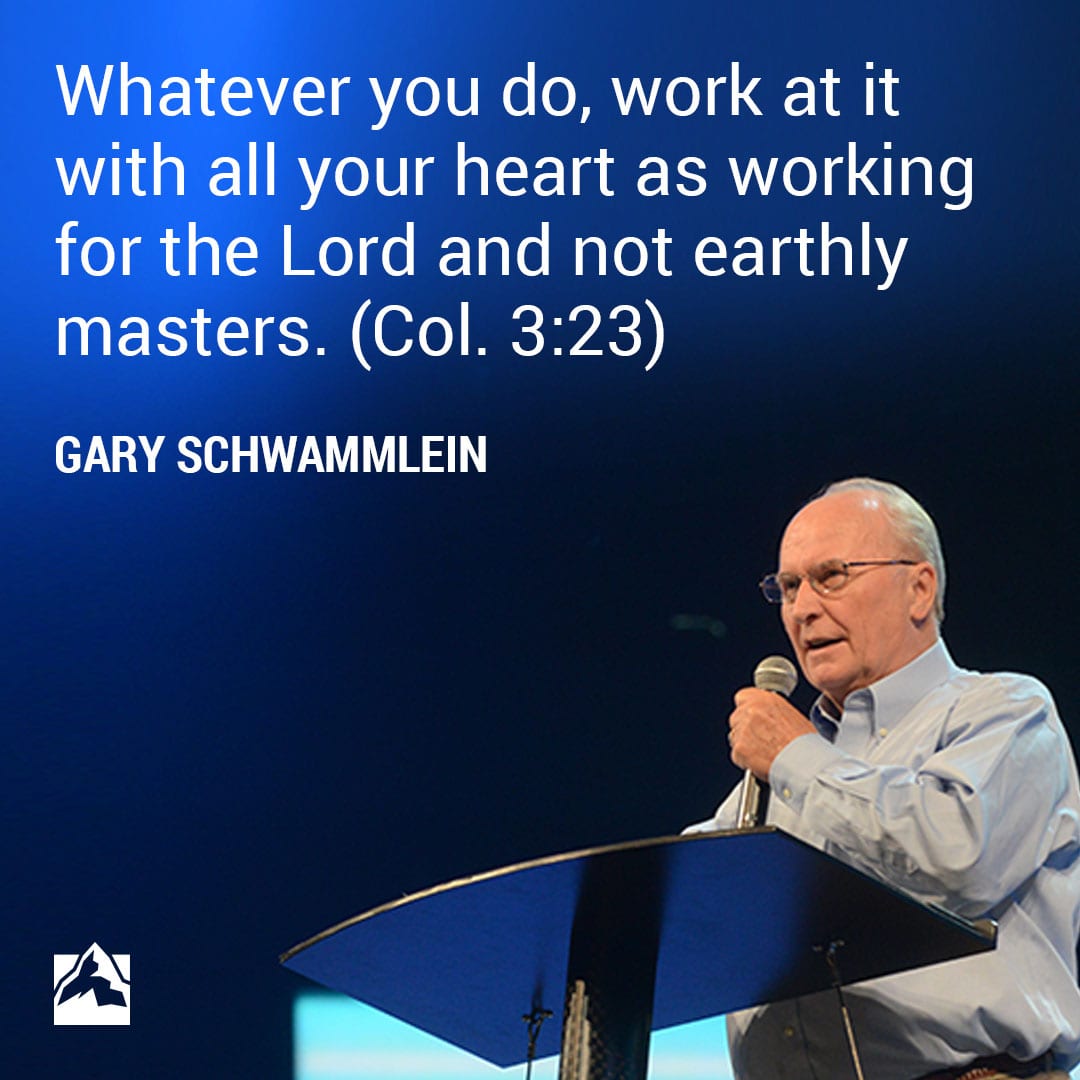
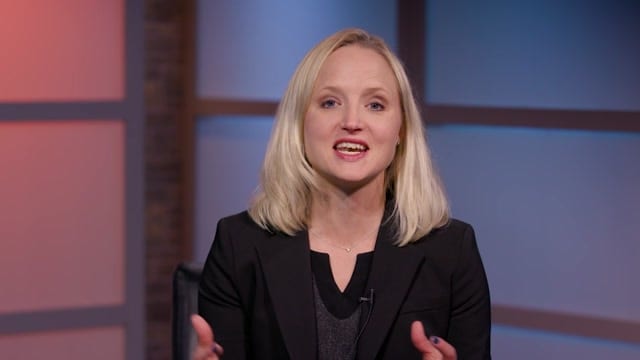
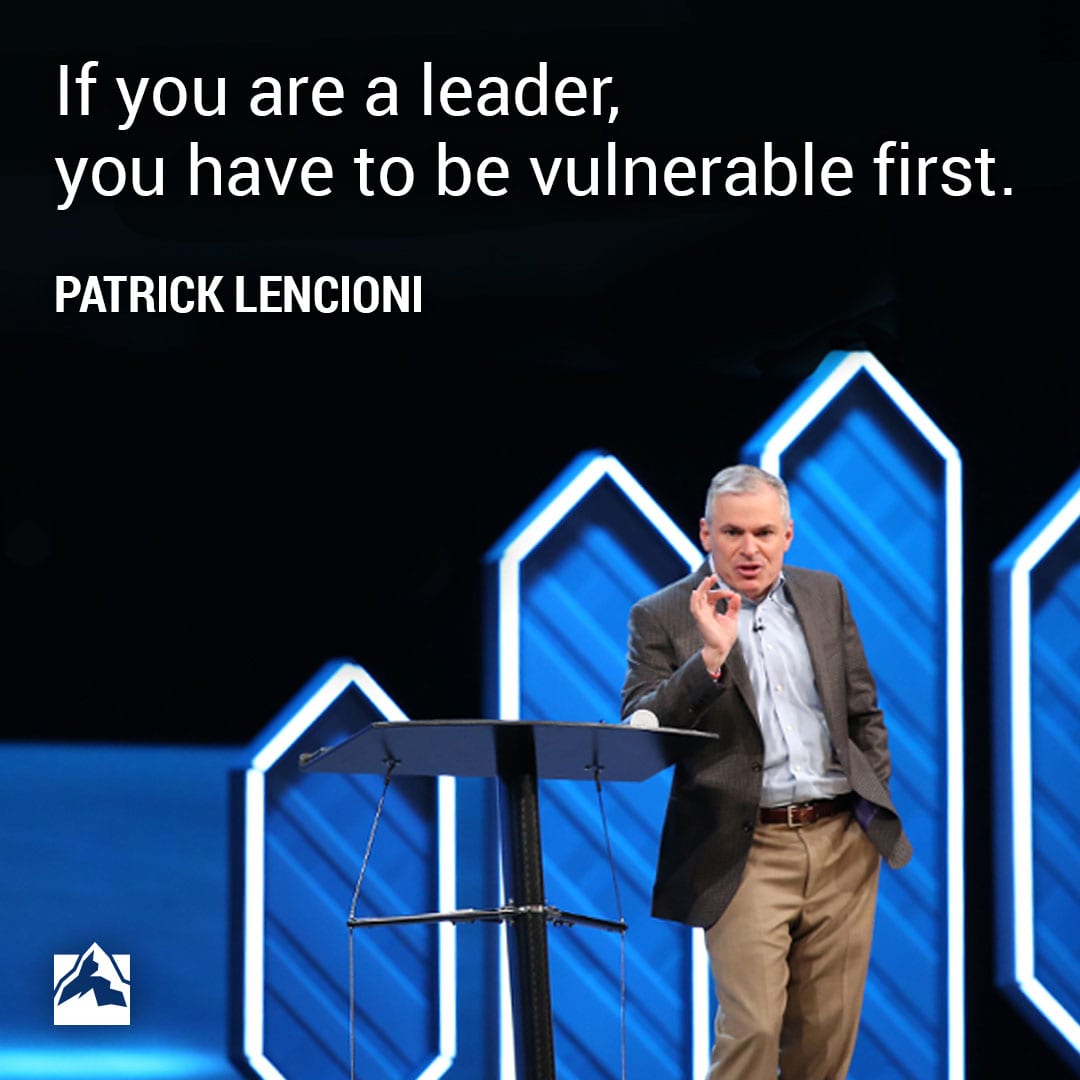
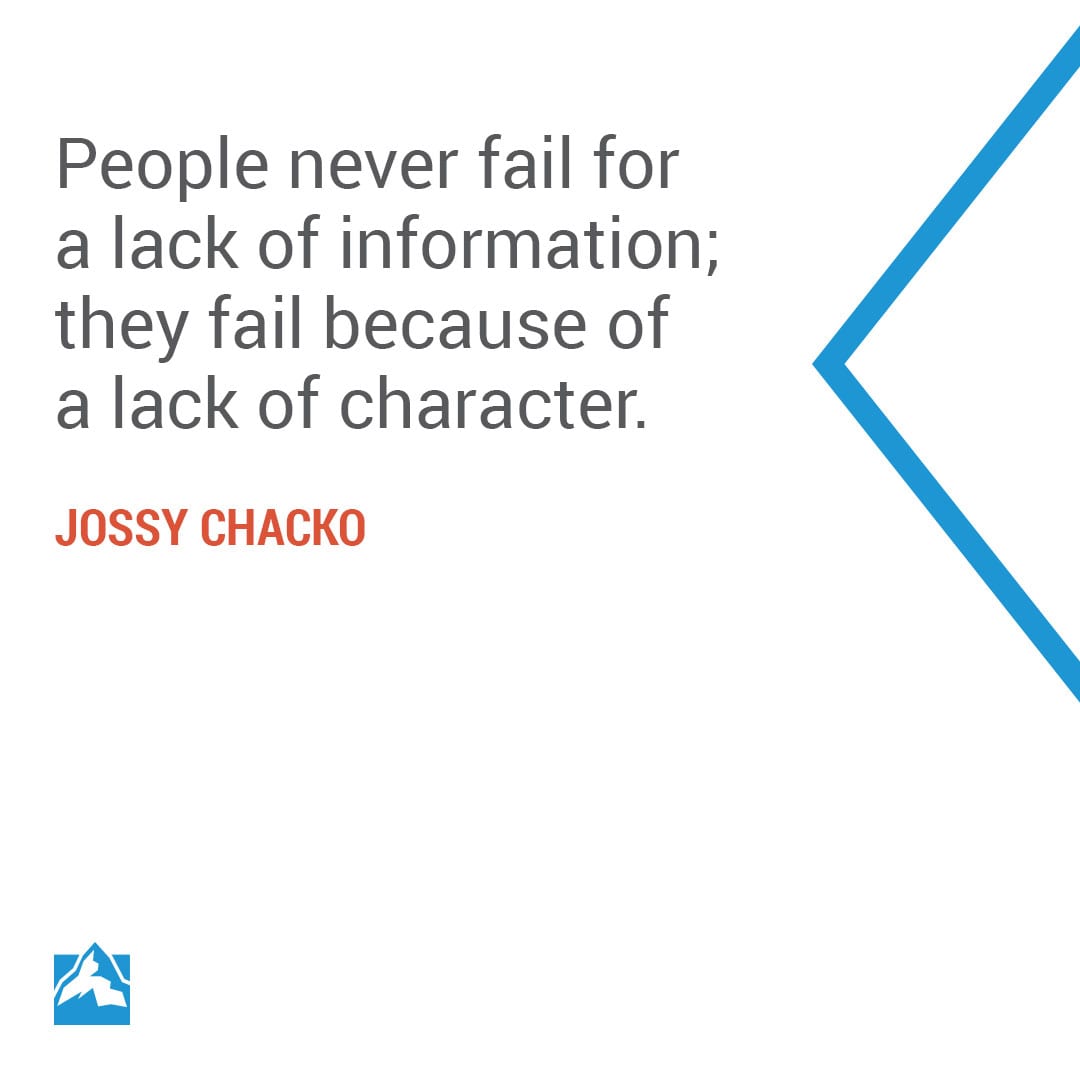
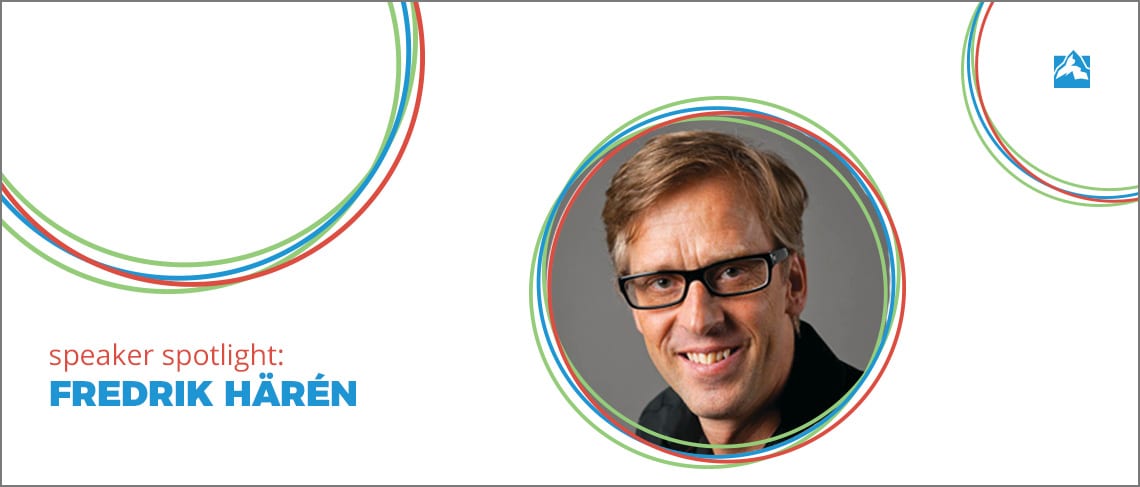

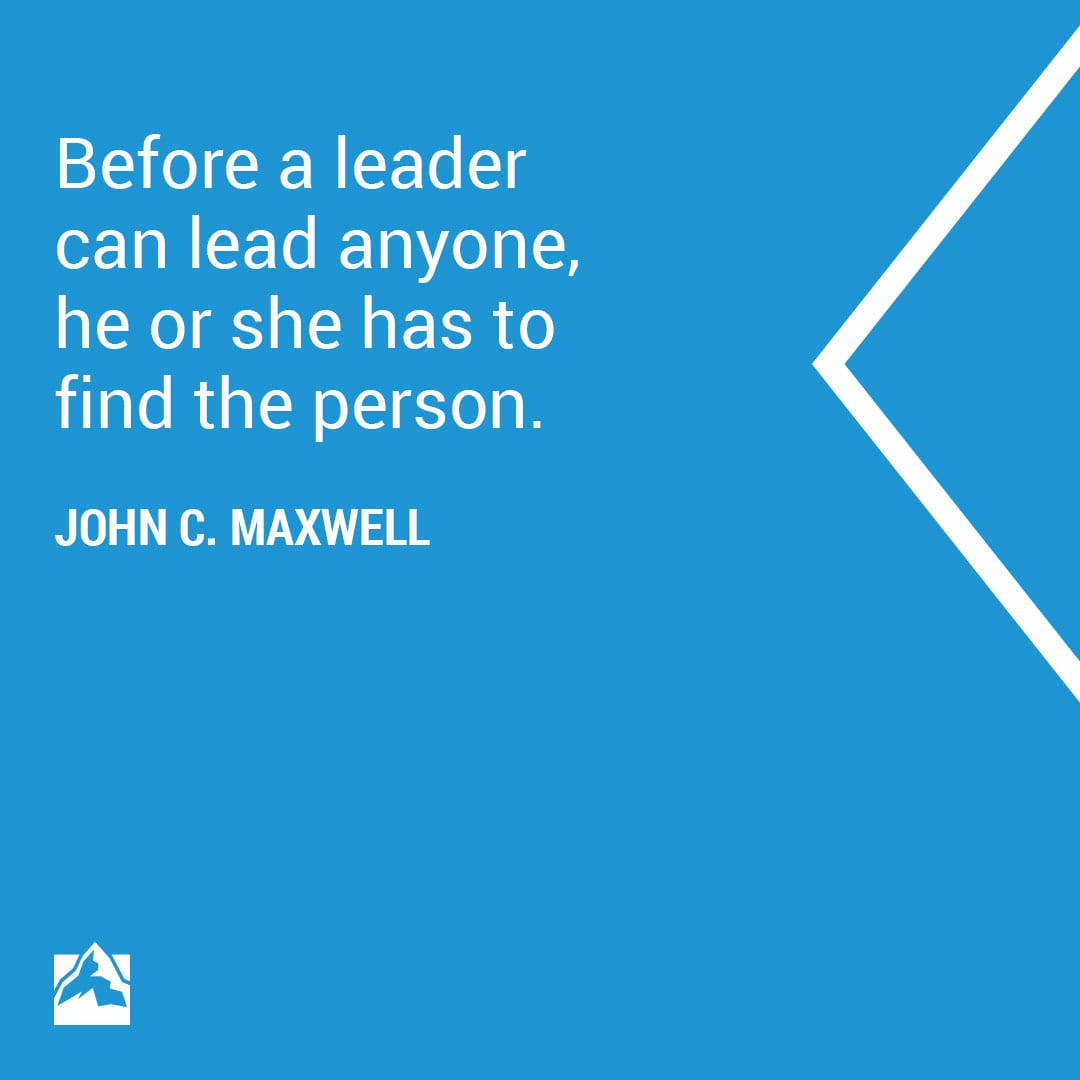







Recent Comments